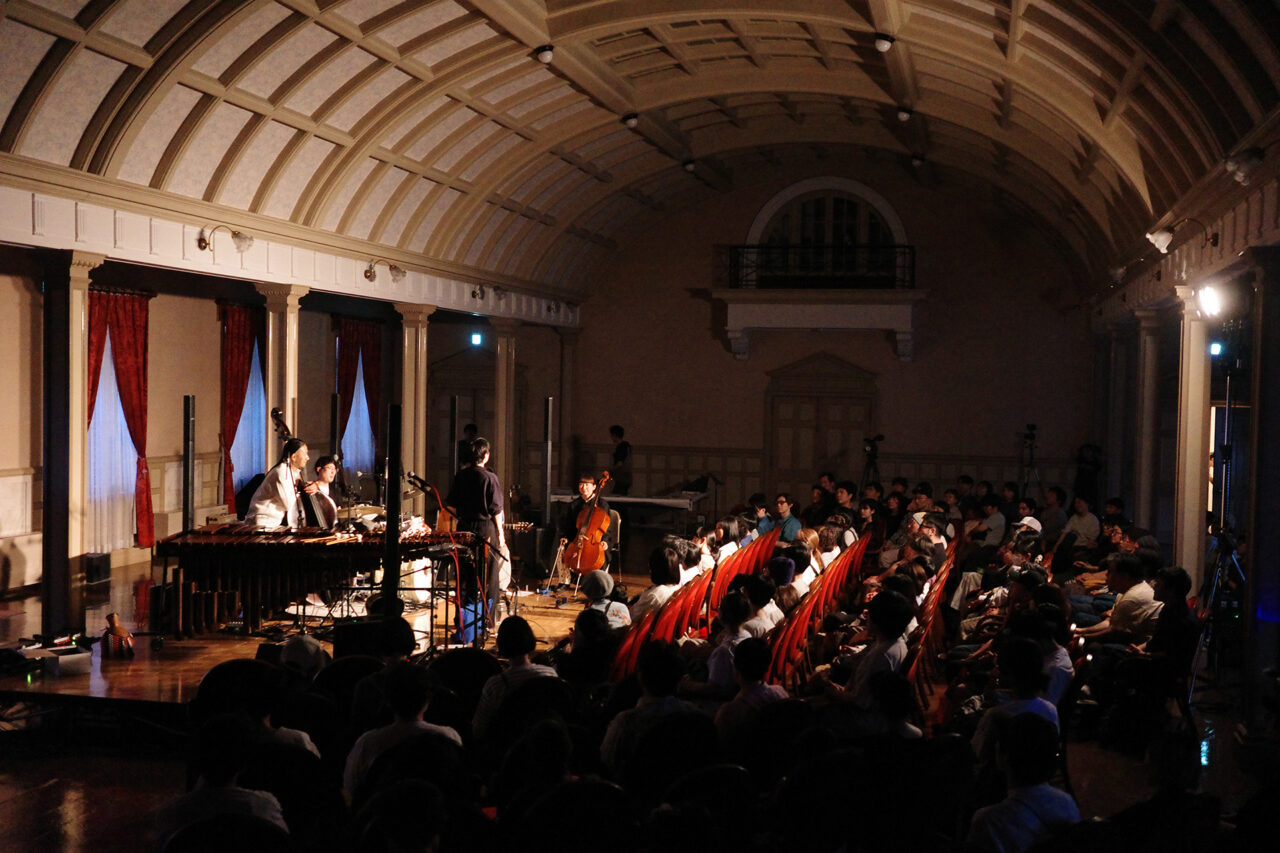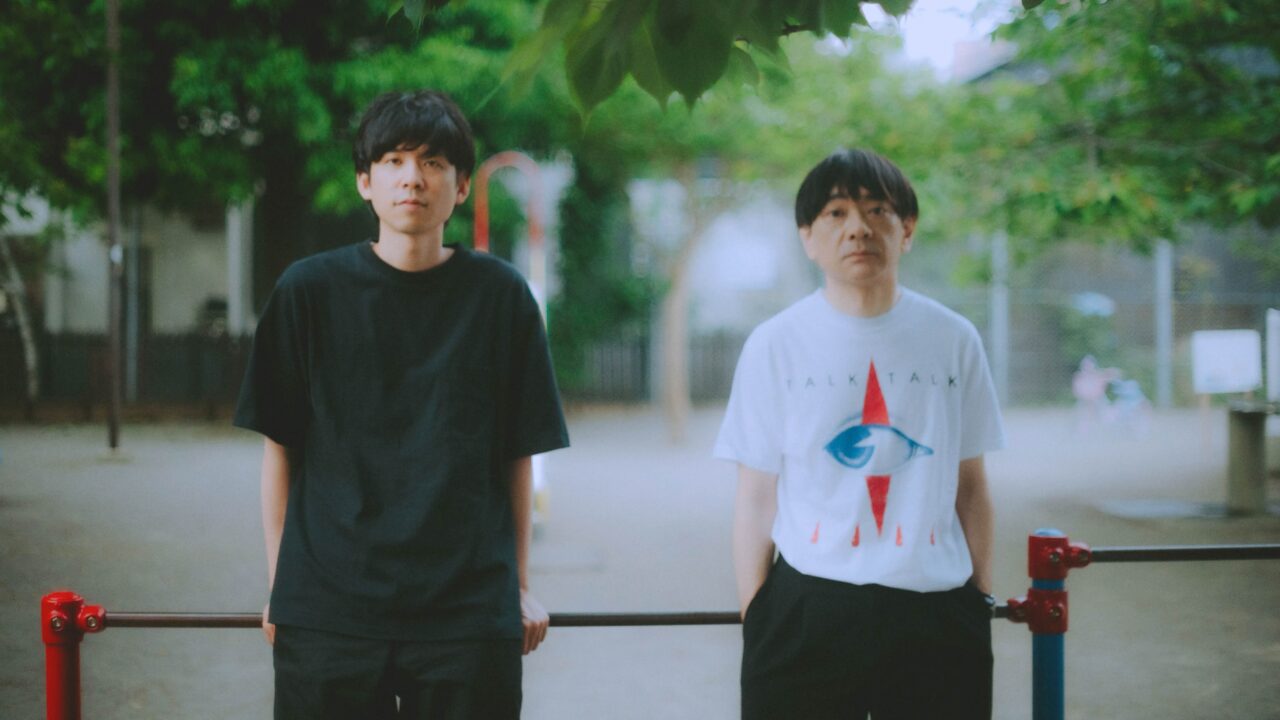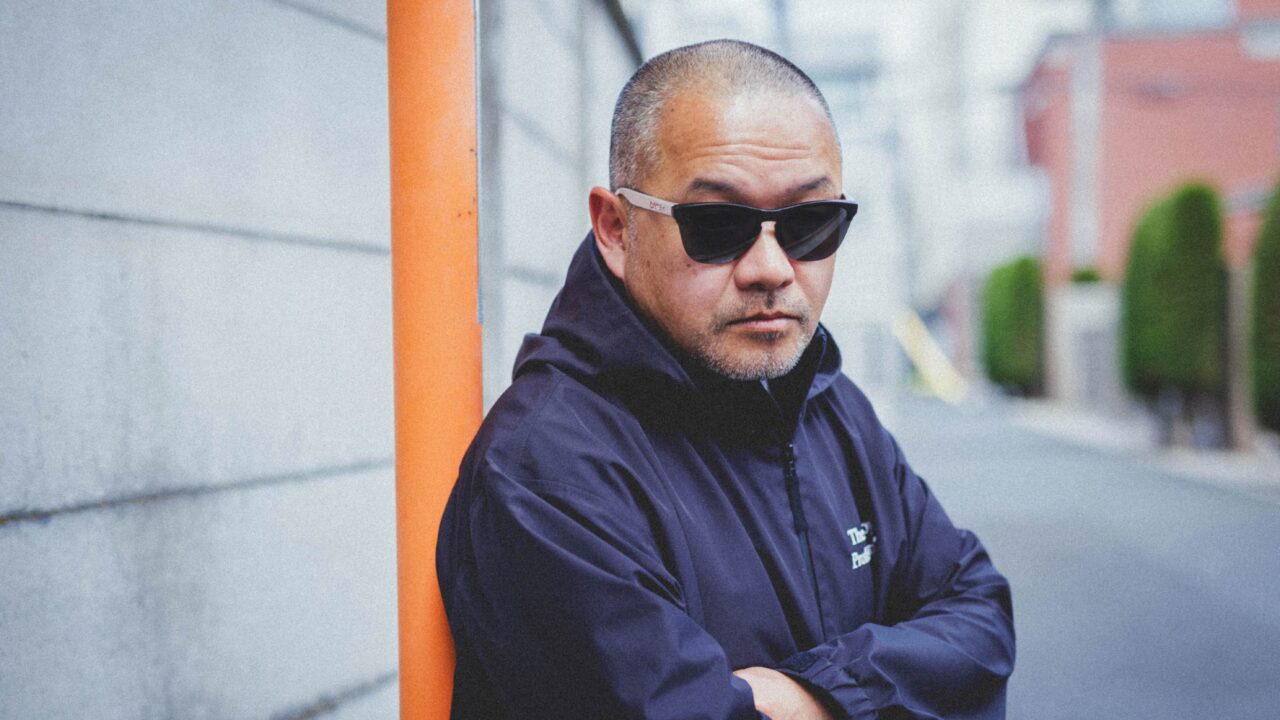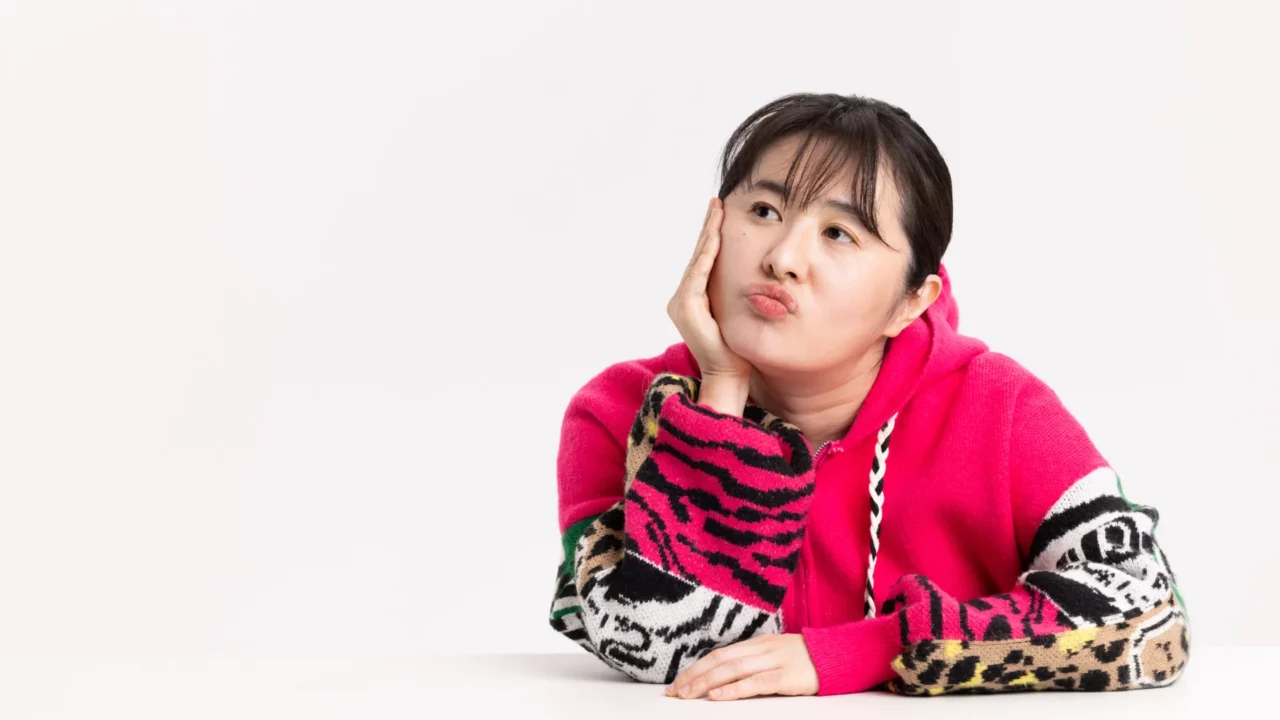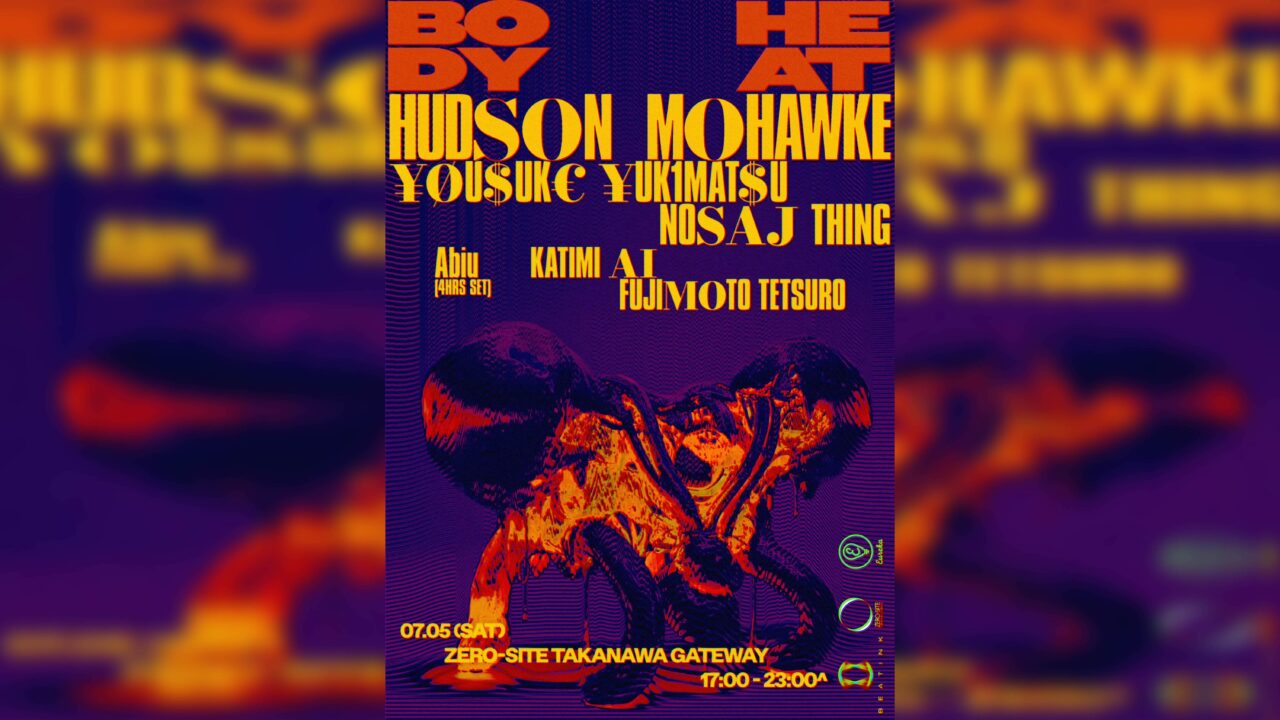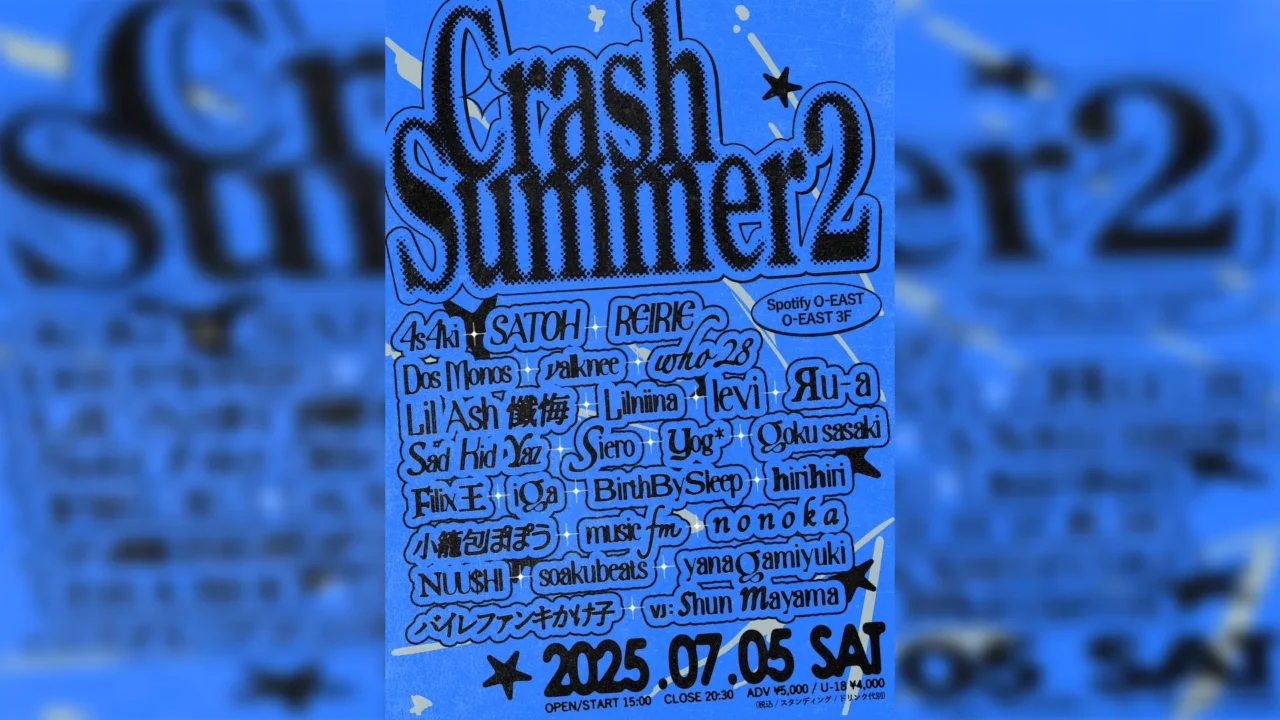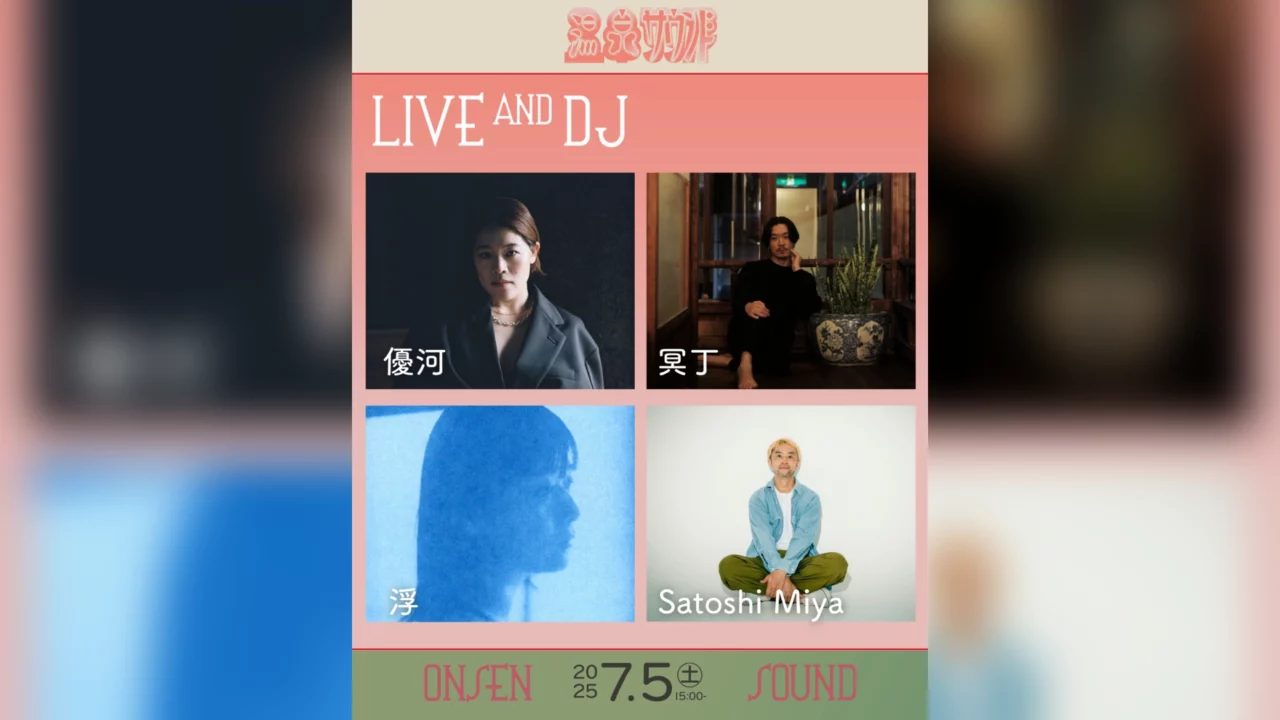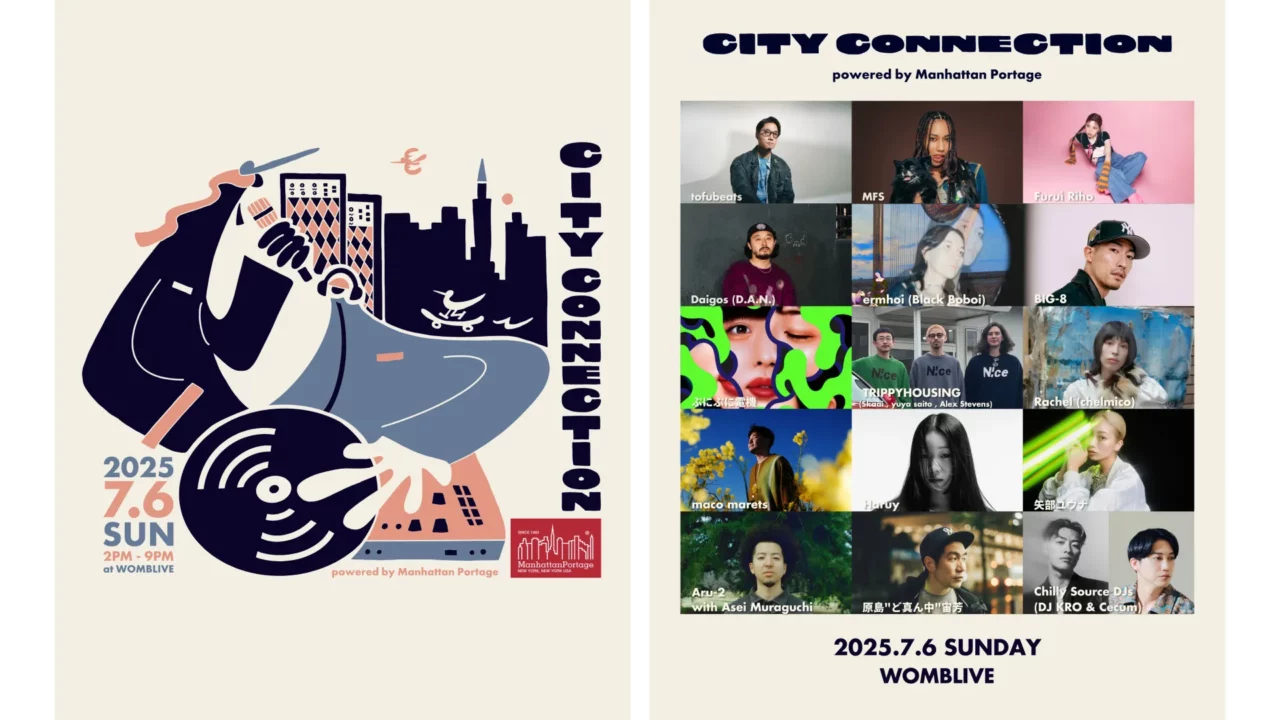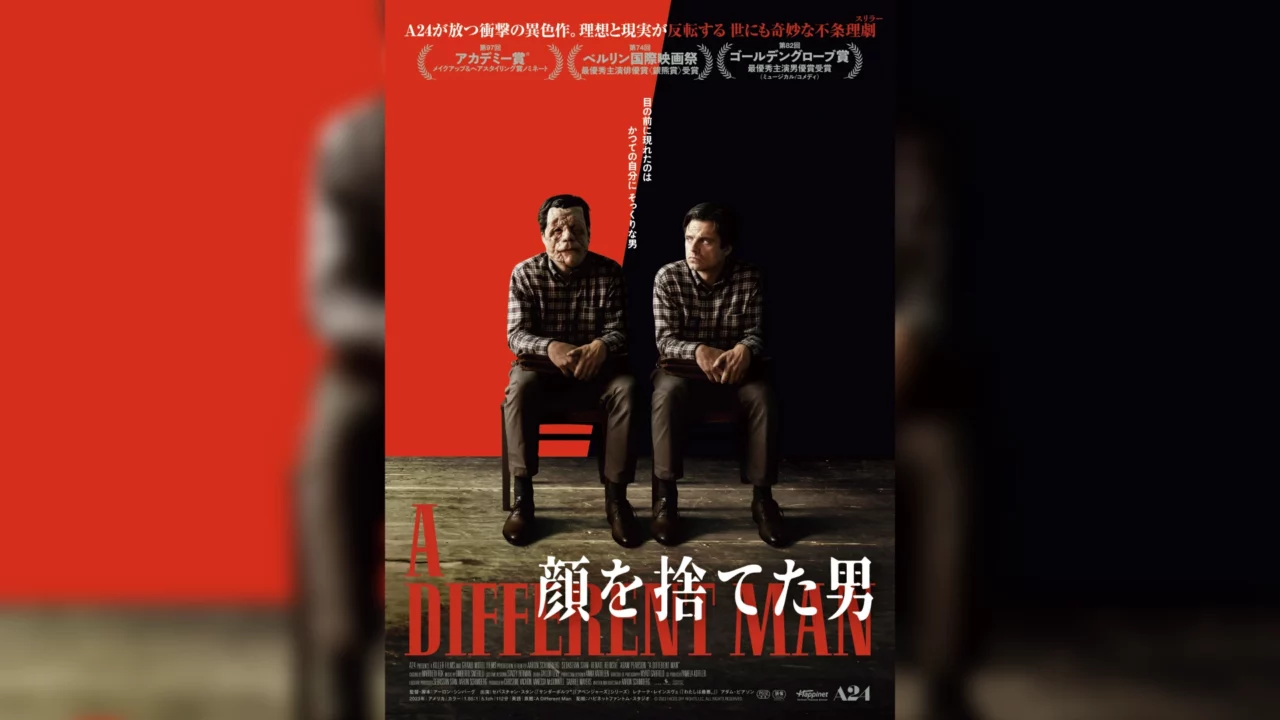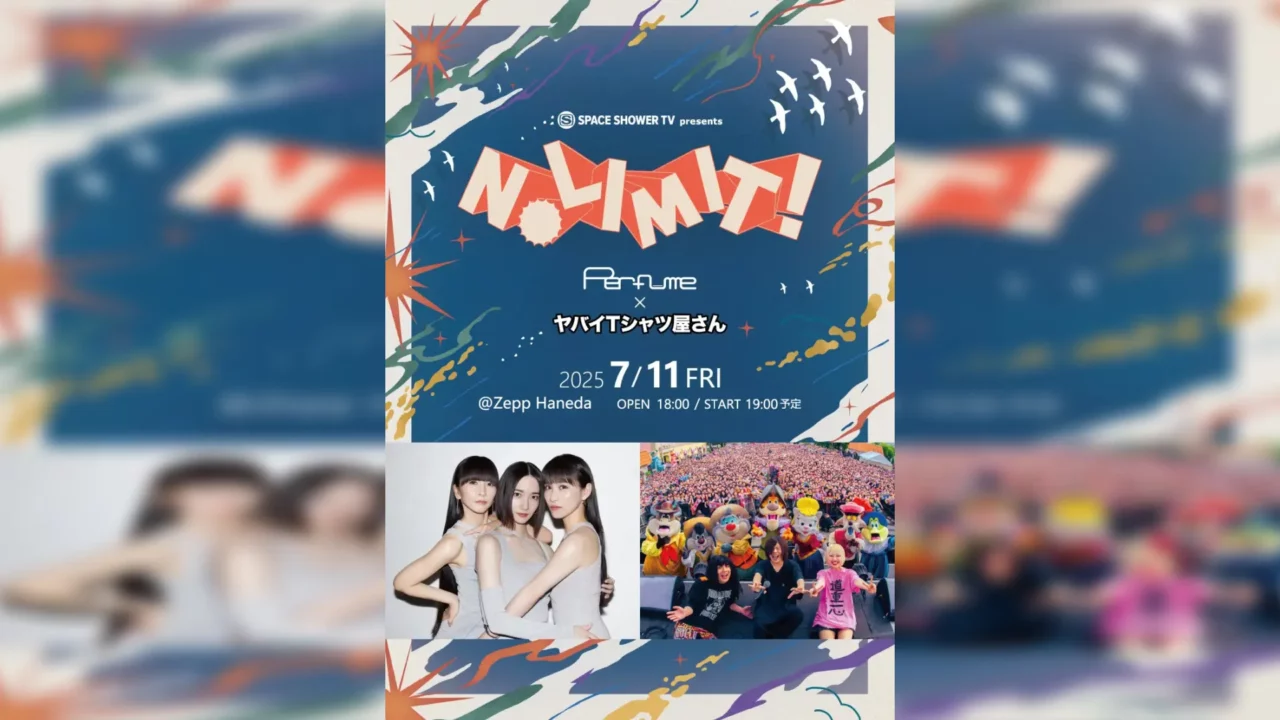INDEX
from Miran #8 – Saturday, July 15
It has been a month since I moved to Tokyo and started living alone. Everyday I feel lonely and call my friends to ask if I can see them today. I keep getting turned down more and more often. Everyone is so busy. I used to be very busy, but now, for some reason, I am quite free. There are some things I have to do, but if I try to do them, I can often finish them within 30 minutes. Is this the effect of coming to Tokyo? Thanks to having a manager nearby, I can get things done. And then I think, “Oh my God, I just have to go to bed. No way, I can’t sleep yet. Let’s talk to someone…someone…someone. I am sure that soon I will have to face up to the fact that this is what it means to live alone, and how to spend the time I have left over, along with the loneliness. And maybe, just maybe, I will have to see “How Do You Live? Now is the time, and I am the one.
How is your evening going?
I contacted her the other day and she told me she was in Osaka. Why? I am curious. I wonder what you feel is different between Osaka and Tokyo. I’ve heard before that Tokyo is easier to write about, but I’d like to hear more details, or perhaps I’d like to hear it in writing. That’s the first time I’ve heard you say you want to hear it in writing.
Well, one thing that I clearly feel is very good about coming to Tokyo is that I can write more! One thing that I clearly feel is very good about coming to Tokyo is the politeness and gentleness that the post-standard Japanese language exudes. I wonder if you can understand me.
Up until now, I have lived my life being used to Kansai dialect without thinking about it, and I have enjoyed or been depressed by its pronunciation and use of language, as if it were a matter of course. But once I came here, it changed drastically. For some reason, I can use the standard Japanese as if I had been using it before, and words come out much more smoothly here. I can speak very well. Above all, every single instruction, guidance, and thank-you that someone gives me seems very elegant. They seem to have a relaxed air about them. It makes me feel smiling. I don’t think it’s that Osaka wasn’t elegant by any means, but I don’t feel rushed.
I would love to hear how you, who was born and raised in Tokyo, feel about such differences in nuances related to the land.
I’ve rambled on for too long, so I’ll stop here for now. Anyway, it’s really hot these days. I’ve been using the air conditioner sparingly because it’s life-threatening. I feel that your book is suitable for summer, so I read it over and over again. I’ll be waiting for your reply as I cool off.

from Ohara-no-Tan #8 – Sunday, July 23
I quite like the loneliness of living alone. Of course, there are times when I get sick of it, but if I take it out of the equation, I still like it. I like the quietness of living alone in the middle of the night, the fact that I can go for a walk whenever I want, and the fact that I don’t have to look good or lie to other people.
Miran-chan is a hard worker, so I am sure that she moves so quickly in everything she does that she doesn’t have much time to spare. When I sit at my desk, I am like a baby owl, sitting still, so I always have trouble finding enough time.
The reason I was in Osaka was to make time for my girlfriend who lives in Osaka. I had been so busy for a while (I’ve been working on a book for a while, so I haven’t made any progress on the manuscript) that I hadn’t been able to go to Osaka, but I felt that I should force myself to make time for it, so I went there at short notice.

What is the difference between Tokyo and Osaka for me?
I said before that it is easier to write in Tokyo because there are many coffee shops and family restaurants open even at midnight in Tokyo. I’m a night person, so when I get a little foggy around 3 a.m. and have a hard time concentrating, it helps to have places like that open.
But Osaka has its own advantages. For example, the house in Osaka has a bathtub, while the room in Tokyo has only a shower room. I really like to read a book while soaking in the bathtub, so spending time in the Osaka house really recharges my mind. I wish I had a bathtub in my Tokyo room.
Also, there are delicious pickles that you can’t find in the supermarkets in Tokyo, and I eat them all every time I go back to my house in Osaka. Do you know what they call “crispy kyona”?
Miran-chan says that standard Japanese suits you very well, but I was born and raised in Tokyo, so I have a great admiration for dialects such as Kansai-ben. That is why I really like listening to Kansai dialect. I feel that most Osaka people speak in standard Japanese when they are using honorifics, but when they speak to each other in a casual manner, they suddenly speak in the Kansai dialect. That moment makes me happy. I love the moment when “Is that so?” becomes “Is that so?
I am writing this diary on the train on my way back to my parents’ house. Miran, when you go back to your parents’ house, who do you talk with and what do you talk about?
from Miran #9 – Monday, July 29
I love both of them, Shoebill Evening-chan and Crispy Kyokina Evening-chan. (I didn’t know about the crispy kyona. When I go to the supermarket, I tend to reach for the kimchi that is more appealing than the pickles that are just standing there.)
I’ve always been anxious if I’m not moving, and I’d rather be moving than not moving, but you’re right, I’m probably a hard worker. But when I’m writing songs or writing my diary, I stay still and concentrate, so maybe I naturally keep a balance between stillness and movement. Your words, “If you subtract the loneliness, I still love you,” were a great help to me. I am grateful for that.
I am thinking of going back to my parents’ house soon. I have my father, mother, and Monchi at home. Sometimes, when the timing is right, I also have my brother who goes back home. If you ask me what we always talk about, it starts with a status report, well, small talk. As I’ve grown older, I feel like I’ve become more open and honest about my feelings toward my family. Like, I want to talk to them with interest as a human being. Unlike my friends, I don’t talk to them with the slightest bit of care so that they don’t hate me. I talk about the people I hate no matter how hard I try, and the people I love no matter what. It’s free, it’s not punchy, it’s not funny, but they still laugh at me, and I feel happy. Oh, I want to go home.

I recently realized that until recently, I was in Osaka when I met up with my late mother, so when I see her in Tokyo, I feel very relieved. So the other day, when I visited the Tokyo house where Ban-chan lives, I seemed to be all hemming and hawing and saying the words that came to mind, with no goal in mind. I reflected on how it might not have been a good idea on the way home. It was fun, but since Yoru-chan is my friend, I wondered if we could have had a deeper, more biting conversation.
Yes, in my last journal entry we were thinking about tacopas and hand-rolled sushi, but we ended up grilling meat the other night. We also bought some asparagus and brown mushrooms and grilled them.

I was doing most of the cooking that day, and I noticed that my hands were very clean. In the winter, they were dry and rough, and sometimes damaged by paper, cardboard, or knives. Somehow, inexplicably, I felt like getting hurt. I don’t know how to feel like this. It’s a strange feeling. I would never intentionally hurt myself. It was a night when I thought I would like to live my life to the extent that I can hurt my hands occasionally and unexpectedly. The steak was delicious, the 27-hour TV show was boring, and I played with tattoo stickers, which was fun.

みらん

Miran is a singer-songwriter born in 1999.
In 2020, she released her first album “Houfu”, which was recorded at her home, followed by the release of many more albums, and in 2022, she produced the theme song for the movie “Ai ni nanoni”, directed by Hideo Josada and written by Rikiya Imaizumi, produced by Keiichi Sogabe. He produced and released his second album “Ducky”. Later, with Yusuke Kume (Special Favorite Music) as producer, she released “Natsu no boku ni mo me ni”, “Lemon tree”, and “Like you like”, which were featured on Fuji TV’s “Love music”, and she also wrote an exchange diary with writer Ban Obara in the culture media NiEW. He also released a new song, “Tenshi no Kiss” on a 7inch format.
小原晩(おばらばん)

Born in Tokyo in 1996, Obara Ban published his first collection of essays, “Don’t Eat Karaage Bento Here,” in March 2022.






